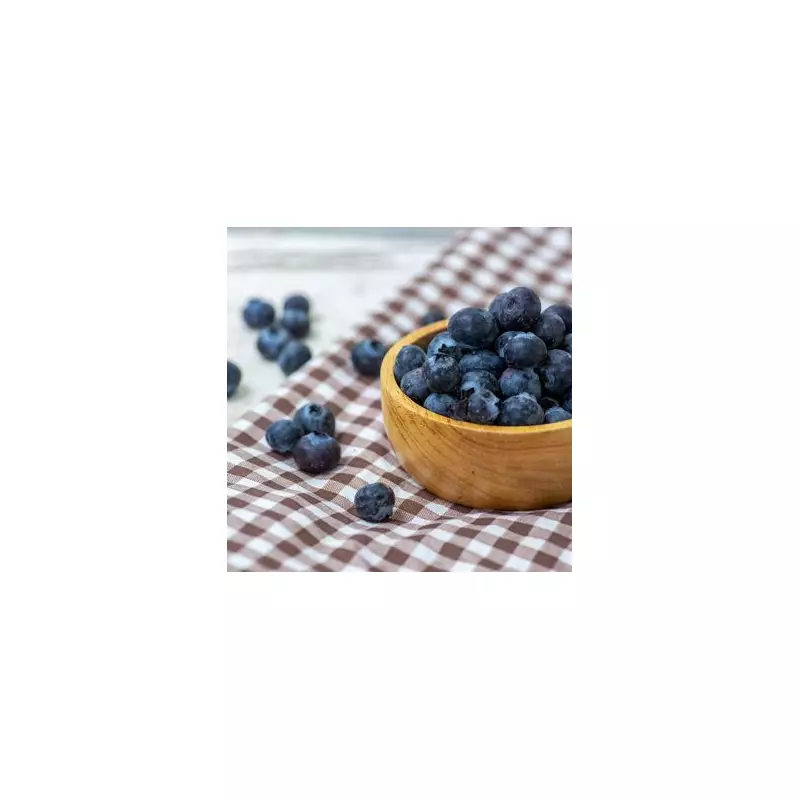
Feeding fruit to babies during their first year could be a powerful shield against developing food allergies in later childhood, according to compelling new research from the University of Southampton.
The study, published in the Allergy journal, analysed data from over 1,000 children and found a clear protective link between early fruit consumption and a reduced incidence of common food allergies.
The Findings: A Significant Protective Effect
Researchers discovered that infants introduced to a variety of fruits before their first birthday were significantly less likely to be diagnosed with a food allergy by the time they turned seven. The study specifically looked at allergies to common triggers like peanuts, eggs, and milk.
This adds a crucial new dimension to the ongoing debate about early allergen introduction, which has primarily focused on peanuts and eggs. The Southampton team suggests that the diverse nutrients and fibres found in fruit may play a key role in training and strengthening a baby's developing immune system.
Why This Research Matters Now
Food allergies in children have become a growing public health concern in the UK, with hospital admissions for severe reactions rising steadily over the past decade. This research offers a simple, natural, and accessible strategy for parents looking to potentially mitigate this risk.
Lead researchers emphasise that this is about more than just vitamins; it's about the complex interplay of fibres and polyphenols in fruit that may positively influence gut health and, consequently, immune tolerance.
Practical Advice for Parents
Based on their findings, the researchers support current NHS weaning guidelines that encourage the introduction of a wide variety of solid foods, including fruits and vegetables, from around six months of age.
They recommend:
- Start early: Begin introducing mashed or soft, cooked fruits as part of a mixed diet from six months.
- Focus on variety: Offer a rainbow of different fruits to maximise exposure to various nutrients.
- Ensure safety: Always prepare fruit in a way that is safe for your baby's age to avoid choking hazards.
While further research is needed to fully understand the mechanisms at play, this study provides promising evidence that a simple dietary change could have a long-lasting impact on a child's health, potentially reducing the burden of food allergies for future generations.





